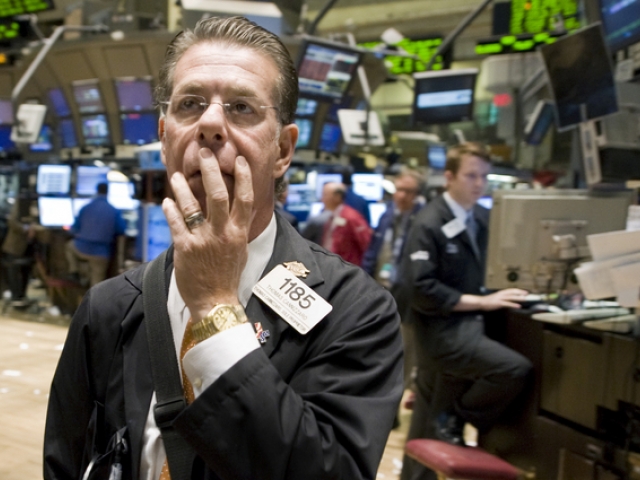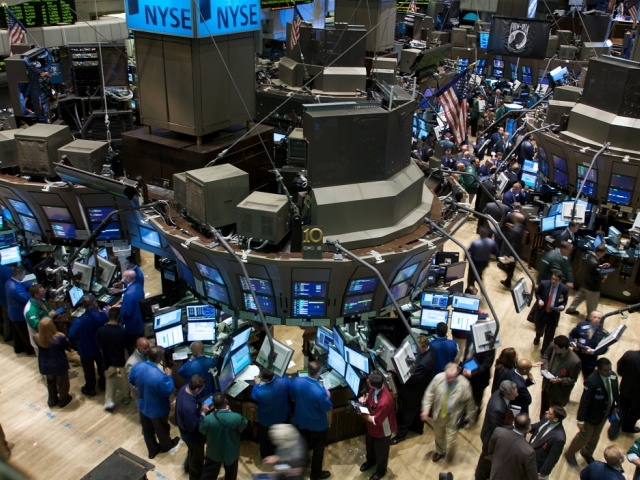
Principle 1. Focus on rental capital gains
Rental capital is able to generate income without your active participation. This particular part of the capital is a financial cushion in cases of force majeure and is able to cover costs. The operating private business, for the most part, is not the rent capital. Let's be realistic: in many Russian private businesses, the shareholder's income directly depends on how much he is involved in management. If a participant departs from management, the cost of his share is sharply reduced.

What income from rental capital is considered to be sufficient? In American practice, there is a benchmark, "the rule of a four percent exemption." It implies that when withdrawing 4%, an investor saves money from inflation and multiplies them. The Russian experience shows an extremely low level of rental capital, which is usually not enough to maintain the target level of income in case of force majeure. Nevertheless, the conclusion is the following: it may never be possible to achieve financial security without a purposeful rental capital replenishment (only with income from investments).

Principle 2. Focus on realistic returns
Foreign authors have already worked out many questions concerning financial markets in sufficient detail, although the science is just over 60 years old. Nevertheless, many Russian investors, unfortunately, have limited knowledge about these developments. They contain information on the long-term profitability of financial markets. For example, in the world average, equity markets, less inflation, yield a little more than 5% per annum. The indicator for the US market is slightly higher - 6.5%.

If you take into account that the dollar inflation was 1.8% over the past decade, then the expectations of a nominal return of more than 7-9% in a currency, even from high-risk financial assets - shares, might not be justified. At the same time, equity markets, in contrast to deposits, are highly unstable, at certain periods of time they can be above or below average. If you choose to invest in stocks, then you must be prepared for the planning horizon of 7-10 years. While a typical Russian investor expects less than 5 years.

According to the American historian Jeremy Siegel, others, more stable financial assets are in for the following "real" income: the US bond market - 3.7%, short-term deposits - 2.7%. This is equivalent to the nominal income of 4.5-5.5% per annum. The average real yield rate of the annual currency dollar deposit in the leading Russian banks over the past 10 years amounted to 3.3%.

Principle 3. Do not look for a ultra-efficient manager
Capital owners often complain about professional bankers that lay people can not provide higher returns than the market. Getting income in the financial market is "a zero-sum game", so, speaking in a purely mathematical way, in order for someone to get money better than the market, someone else must play worse than the market. And all commissions should be deducted from the received income. From this point of view, some players will lose to the market by definition.

According to the US studies, from the total number of investment managers in the world, the percentage of those who are able to outact the stock market varies from 2% to 3%. But finding such a manager is not an easy task. There is even a theory that the larger the amount of assets transferred to management, the higher the probability of finding an ultra-efficient manager. So, the income of the funds with assets over $1 is almost 9%, the income of the funds with assets of less than $100 million is 6.2%. Now, those investors who, after years of losses, consider a profit of 3-4% in a currency to be good, are being icreasingly found.

 বাংলা
বাংলা 
 Русский
Русский English
English Bahasa Indonesia
Bahasa Indonesia Bahasa Malay
Bahasa Malay ไทย
ไทย Español
Español Deutsch
Deutsch Български
Български Français
Français Tiếng Việt
Tiếng Việt 中文
中文 हिन्दी
हिन्दी Čeština
Čeština Українська
Українська Română
Română
